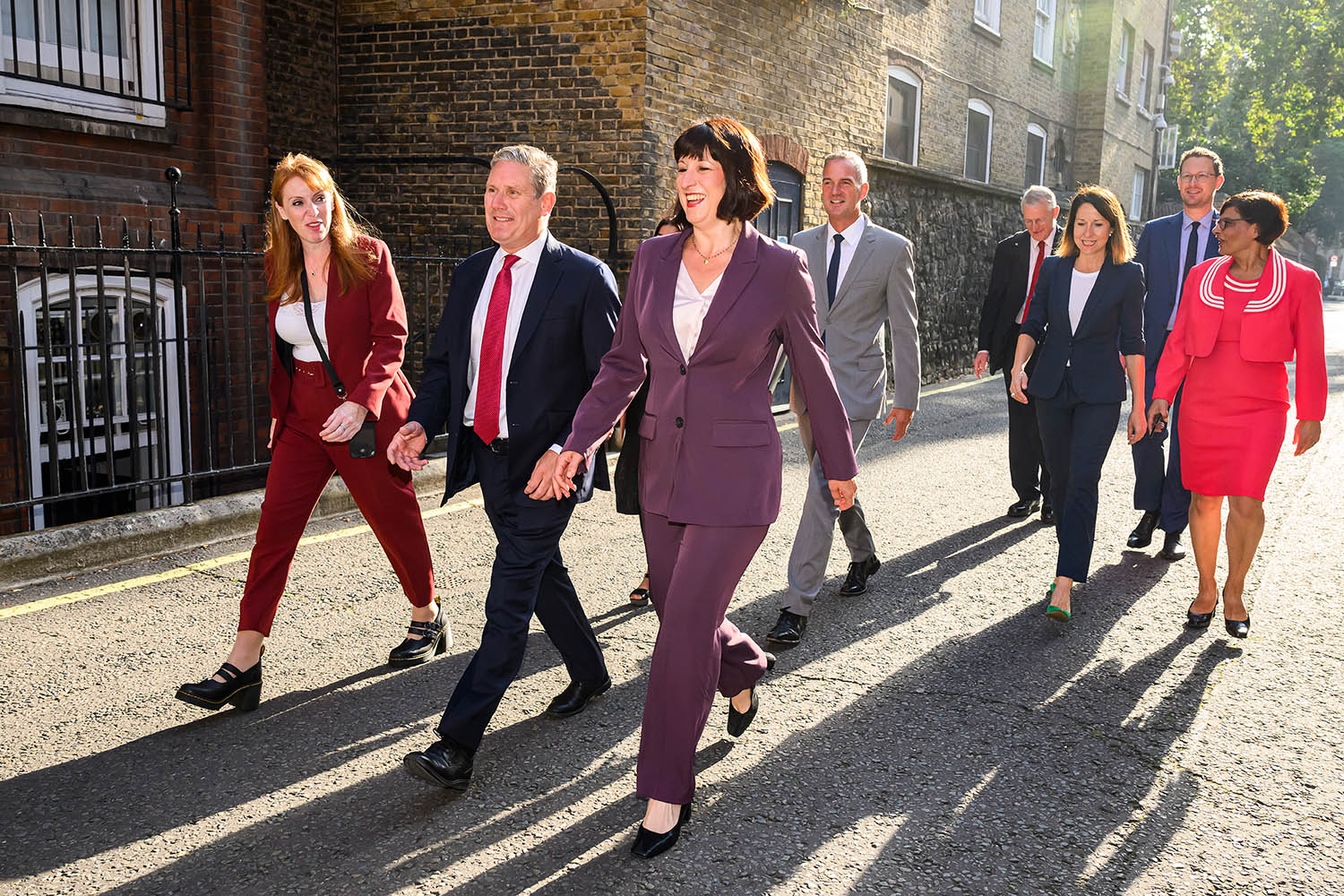
Labour accepted more than £7.4 million in donations in the second quarter of 2023 according to the latest electoral commission figures. It’s the party’s best quarter for funding since the 2019 election, driven mainly by private donors rather than unions. Labour’s biggest new donor is Lord David Sainsbury, who donated £3 million. A former Labour peer and government minister, Lord Sainsbury broke with the party and donated £8 million to the Liberal Democrats in 2019, but has since returned to the fold. Gary Lubner, the business magnate behind Autoglass, contributed an additional £2.2 million. He’s promised to give significantly more closer to the election and put the party in power “for a long time”. The total attributable to private donors (£6.5 million) shows Labour reducing its traditional dependence on the unions. In Keir Starmer’s first year in office, union funding made up 80 per cent of Labour donations. This quarter it’s just 11 per cent, with £880,000 received from Unison, USDAW and GMB. Unite is notably absent, although it donated £1 million earlier this year. In July, general secretary Sharon Graham criticised the Labour leadership’s rightward shift and warned there would be “no blank cheques” from the union. It’s beginning to look like a toothless threat.
Individual Labour MPs also accepted significant sums this year from private donors. The main beneficiaries are shadow cabinet ministers on the right of the party. £210,000 of Gary Lubner’s contribution is earmarked specifically for Yvette Cooper’s staff costs as shadow home secretary, and another £55,000 for Rachel Reeves. Lubner has separately given £75,000 to the pro-Starmer “Labour to Win” group that organises within Labour, signalling an active interest in the party’s internal direction. Bridget Phillipson, David Lammy, and Wes Streeting have all received over £80,000 each in donations or benefits this year from private donors, while recently demoted shadow ministers on Labour’s “soft-left” including Lisa Nandy, Nick Thomas-Symonds and Johnathan Ashworth declared far less. The exception is Ed Miliband, who since June has received £19,400 a month from philanthropist Lisbet Rausing to support his front-bench office.
Despite the Conservatives’ consistently grim polling, donors haven’t abandoned them yet. Boris Johnson’s downfall and Liz Truss’s brief premiership represented a low ebb for funding in the second half of 2022, but donations have since recovered under Sunak. The party has accepted £20.9 million so far in 2023 against £11.7 million for Labour. Nearly half that comes from two donors – £5 million each from Mohamed Mansour, the Egyptian billionaire and former minister in the Mubarak regime, and Frank Hester, chief executive of TPP, a private healthcare firm supplying software to the NHS.
The biggest donations are generally made closer to elections, and since 2010 the Conservatives have always managed to significantly out-raise and out-spend Labour in election campaigns. The three months leading up to the 2019 election saw the Conservatives raise a record £30 million, more than triple the £8.9 million figure for Labour. They may not be able to repeat the same trick in 2024.
Photograph Getty Images
